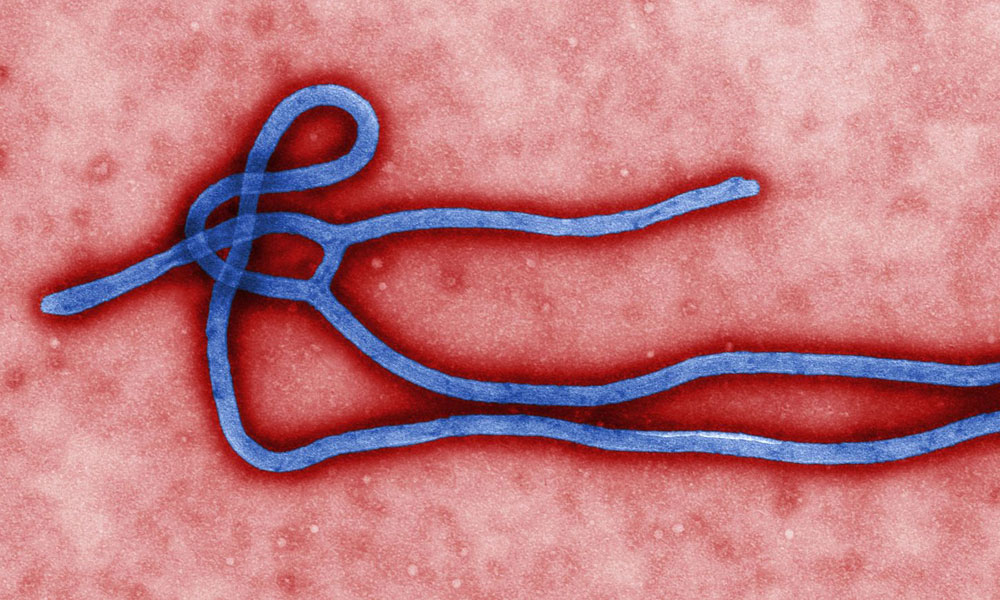
Airlines Working to Handle Expanding Ebola Crisis
In the days since the first confirmed case of Ebola showed up on American soil, the airline industry has attempted to inform and reassure the public as questions swirl around how the disease could affect people here.
The world’s largest outbreak of the Ebola virus has airlines looking to ensure that passengers flying out of the affected West African nations are safe—along with the people who might be on a plane with someone suspected of carrying the disease.
This week, Thomas Duncan, a Liberian citizen who traveled to Dallas last month, tested positive for Ebola. According to the Liberian government, Duncan lied on a form he was required to fill out about whether he’d been exposed to the disease. He answered no to every question on the form, although neighbors said that in the days before he left, he had helped a woman who had been suffering from Ebola.
As concerns rise over the spread of the disease, airline industry groups have remained focused on providing information and ensuring that airlines and crew members follow safety protocols. More details on those efforts:
Reassuring passengers: In August, the International Air Transport Association said it was working with the World Health Organization and International Civil Aviation Organization to ensure that safety protocols are followed during flights. In response to the Dallas incident, IATA noted that while the situation “has taken on a ‘new dimension'” with an Ebola patient in the U.S., flying remains safe. “Travellers should be reassured. WHO has clearly said that the risk of Ebola transmission on board an aircraft is very low,” IATA Director General Tony Tyler said, adding that the WHO has not restricted any air travel.
Working with government officials: Airlines for America (A4A), meanwhile, has pledged to collaborate with the Centers for Disease Control and Prevention, WHO, and other national and international health bodies to ensure proper standards are followed. “CDC has issued guidelines for airlines and crew members, which our members follow,” A4A said in a blog post Friday. “With safety of passengers and crews as the number one priority, airlines continue to maintain programs already in place to clean the interior of each aircraft and carry items onboard for use in case of potential health risks.” In comments to The New York Times, A4A spokeswoman Victoria Day said the group’s members “are being provided regular development updates from the Centers for Disease Control on worldwide health precautions.”
Assisting affected crew members: The Association of Flight Attendants has been in touch with attendants who were on Duncan’s flights. “We’ve reached out to them to make sure that they have everything they might possibly need,” AFA spokeswoman Corey Caldwell told The Washington Post. “This is not the first time that flight attendants have had to deal with a heightened awareness like this.” Caldwell added that flight attendants generally are “still going to work each day with that sense of responsibility that comes with the role of first responders in the aircraft.”
A close-up image of an Ebola virus virion. (Wikimedia Commons/CDC)






Comments